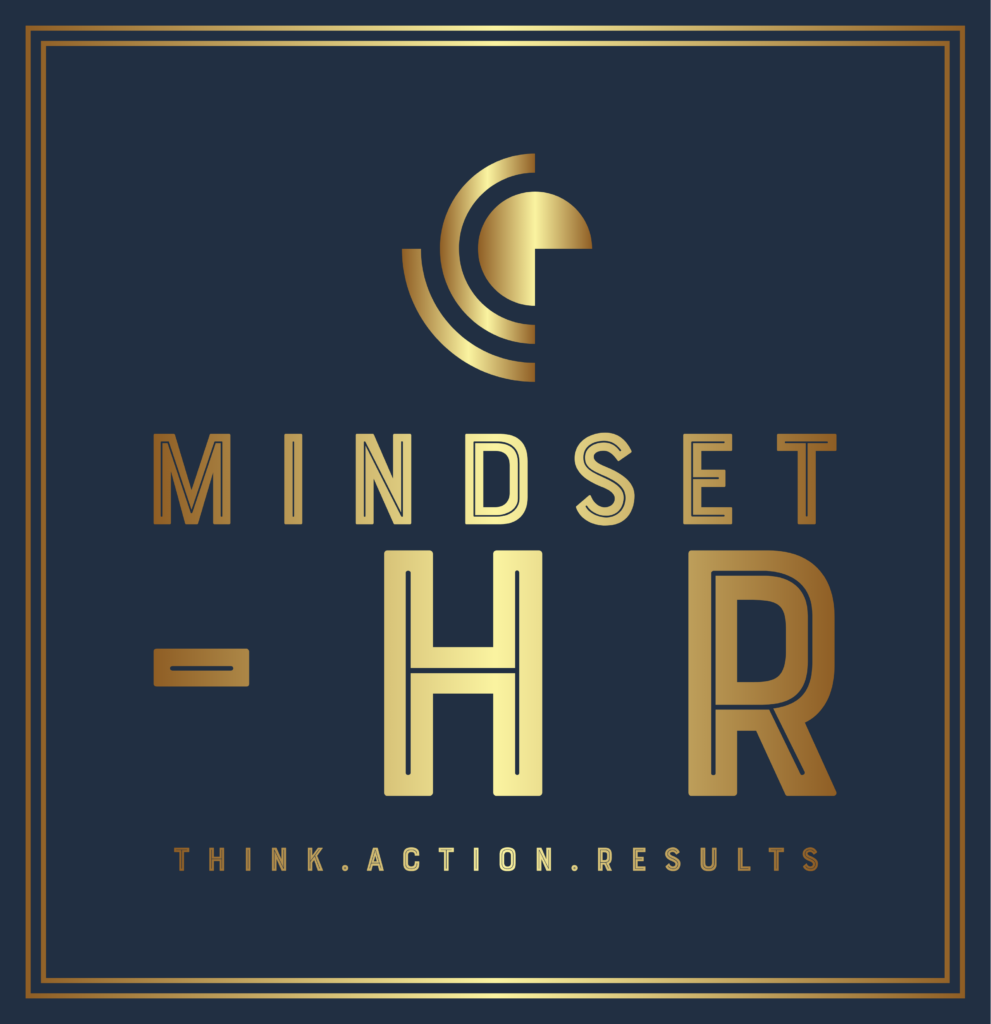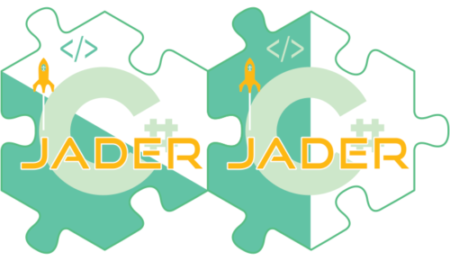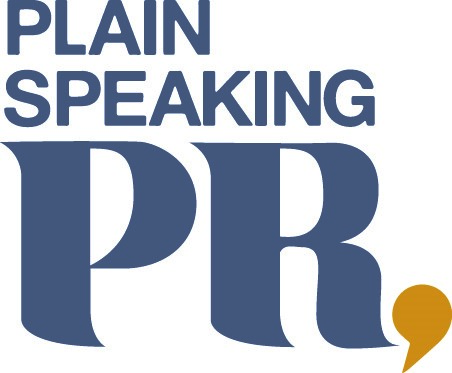
For this month’s column, Gemma Crane, Founder and Director of Mindset-HR, looks at the benefits of embracing neurodiversity in the workplace
When we think about what makes a successful organisation, the ability to harness the unique talents of individuals from all walks of life is critical. Yet, for many businesses, the concept of neurodiversity – how our brains naturally differ in function and processing – remains underexplored. According to the Chartered Institute of Personnel and Development (CIPD), one in five people are neurodivergent in some way, meaning neuroinclusion isn’t just a “nice-to-have”: it’s essential for building a thriving workforce.
Despite this, many businesses struggle to embrace neurodiversity. Fear of saying the wrong thing or making mistakes can lead to inaction, which only perpetuates the challenges faced by neurodivergent employees. The truth is, neurodiversity isn’t as daunting as it might seem, and creating a neuroinclusive workplace is one of the best decisions an organisation can make – not just for its employees, but for its own success.
What Is Neurodiversity?
Neurodiversity refers to the natural variation in how human brains function and process information. It encompasses behavioural traits and how we interact with the world. There isn’t a ‘one-size-fits-all’ way to think or work, and these differences bring valuable perspectives.
Some common examples of neurodiverse conditions include:
- Autism Spectrum Conditions
- ADHD (Attention Deficit Hyperactivity Disorder) or ADD (Attention Deficit Disorder)
- Dyslexia
- Dyspraxia or Developmental Coordination Disorder (DCD)
Each neurodivergent individual brings a unique set of traits and skills to the table, which can vary widely.
Why Neuroinclusion Matters
Embracing neurodiversity isn’t just ethical – it’s a strategic advantage. Neurodivergent employees excel in areas like hyperfocus, creativity, and innovative problem-solving, making them invaluable assets. By creating a neuroinclusive workplace, businesses can boost innovation, enhance productivity, and attract top talent, strengthening their reputation as leaders in inclusivity.
Overlooking neurodiversity can have significant consequences. Neurodivergent professionals often feel judged or forced to “mask” their traits to fit in. This not only impacts their wellbeing but also stifles the potential contributions they could bring to the organisation.
Creating a Neuroinclusive Hiring Process
For many employers, neurodiversity feels like uncharted territory. But small adjustments in hiring practices can make a world of difference. Here are a few key steps:
- Job Adverts and Descriptions: Use concise, inclusive language and focus on core skills. Avoid vague requirements like “excellent communicator” if they’re not essential, as this may discourage literal thinkers.
- Interviews: Standard interviews can unintentionally exclude neurodiverse candidates by emphasising social cues or hypothetical questions. Instead, provide interview questions in advance and use straightforward, concise queries.
It’s also essential to avoid asking direct questions about neurodivergence during the hiring process.
Under the Equality Act 2010, being neurodivergent often qualifies as a disability, and asking candidates to disclose this could be discriminatory. Instead, invite them to share any specific support needs, making it clear your workplace is committed to inclusivity.
The Benefits of Embracing Neurodiversity
When organisations integrate neurodiversity into their ED&I strategies, they tap into an incredible talent pool that drives creativity, innovation, and problem-solving. Promoting a culture where people feel valued and accepted for who they are strengthens morale, enhances productivity, and reinforces a business’s reputation as an inclusive employer.
Let’s Build Inclusive Workplaces Together
At Mindset-HR, we’re passionate about helping organisations create neuroinclusive workplaces. Our tailored training workshops equip employers with the tools and knowledge to embrace neurodiversity, implement inclusive practices, and offer a supportive culture.
If you’re ready to take the next step in your journey towards inclusion, we’d love to help. Get in touch to learn more about our workshops and how we can support your team.
Gemma Crane is the Founder and Director of Mindset HR.
Featured image of Gemma Crane – @dn.imagery









Leave a Reply